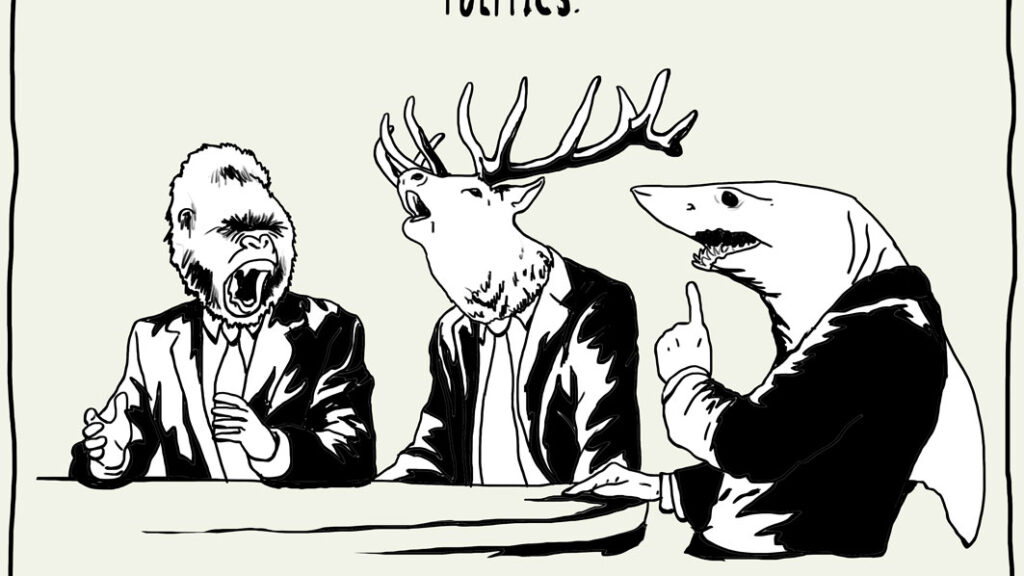
January 24, 2022 • Brooke Siem
Debunking the Chemical Imbalance Theory, Part II
This is Part II of Debunking the Chemical Imbalance theory. Part I can be found here.
Psychiatry, like most hard sciences, suffers as research trickle down from laboratories to the mainstream. Take our friend from Part I, Harvard neuropsychopharmacologist Joseph Schildkraut, who said in 1965 that the chemical imbalance theory was “at best a reductionistic oversimplification of a very complex biological state.”

Though Schildkraut explicitly stated that there was no evidence to support or disprove the theory—which led to a generation of research that could not find a statistically notable link between biology and mental disorders—Schildkraut’s research was still cherry-picked by a verywellmind journalist for a January 2021 article entitled, “The Chemistry of Depression: What is the Biochemical Basis of Depression?”
The article gives the reader a general overview of how neurotransmitters work, the three neurotransmitters usually associated with depression (dopamine, norepinephrine, and serotonin), and the all familiar assumption that low levels of these chemicals may be associated with depression.
There are so many problems with this article that it would be impossible for me to unpack it all in one issue, so I’m going to focus on the most egregious statement and go from there: “Restoring the balance of brain chemicals could help alleviate symptoms—which is where the different classes of antidepressant medications may come in.”
For the sake of argument, let’s assume that an imbalance of “brain chemicals” is the cause of depression. How do we measure that imbalance in order to determine the amount and kind of antidepressants needed to restore the balance?
*crickets*
There is not, and never has been, a single test to measure the real-time amount of an individual’s “brain chemicals.” You cannot measure neurotransmitters in a blood test. You cannot measure neurotransmitters in an MRI or CT Scan. You can get an estimate of neurotransmitter levels by measuring something called biogenic amines in urine and spinal fluid. This test operates under the assumption that the results are an accurate depiction of what’s going on in the brain in real-time. This is a shaky assumption given that neurotransmitter levels literally change by the second and that up to 95% of serotonin is produced in the intestines.
There is also some research surrounding measuring neurotransmitter levels through PET scans, but like the biogenic amine test, it is at best, a snapshot in time that will never be relevant for 99.9% of patients.
If we don’t have any way to accurately measure neurotransmitter levels, then it stands to reason that we can’t know what is considered “balanced” in the first place, which is why the administration of psychiatric drugs is more of a guess than a science.
Knowing all this, a slew of questions emerge. If low levels of “brain chemicals” are responsible for depression, why is it that a drug filled with synthetic neurotransmitters can take more than a month to have an effect? And, if chemicals are the primary culprit, why do antidepressants only work for about 60% of patients? (Not to mention the fact that in the long run, talk therapy works as well as drug therapy, without the nasty side effects.)
Some people will argue that from a practical point of view, the validity of the chemical imbalance theory is irrelevant if the drugs help people. This argument would sit better with me if 1) pharmaceutical companies weren’t allowed to manipulate patients with misinformation based on a bunk theory. 2) Mainstream health websites like verywellmind didn’t continue to effectively mansplain the chemical cause of depression in exchange for website traffic. 3) If practitioners enforced short-term use of these drugs and 4) if practitioners actually knew how to take patients off these drugs safely and effectively.
But since none of those things are true, patients end up on a hamster wheel of drug-dependent diagnosis, spending their lives believing that their mental anguish is caused by a chemical imbalance that relieves them of actually addressing the problems and traumas in their lives that lead to depression.
In Part III, I’ll specifically focus on how pharmaceutical companies create billions of dollars in revenue by exploiting the chemical imbalance theory in order to market antidepressants to the general public.

Need a little giggle? Order one of my Fuckit Buckets™.
Look, we know that life is a special sort of disaster right now. Your closet is your office, the kids are still at home, and still your mother-law is calling you fat again. Let this little charm be a reminder that sometimes you have to chuck it in the Fuckit Bucket™ and move on!
After 15 years of depression and antidepressants, my mission is to help people find hope in the name of healing. My memoir on the subject, MAY CAUSE SIDE EFFECTS, publishes on May 10, 2022. Pre-order it on Barnes & Nobles, Amazon, or wherever books are sold. For the most up-to-date announcements, subscribe to my newsletter HAPPINESS IS A SKILL.
Coming September 6, 2022
May Cause Side Effects
Brooke’s memoir is now available for preorder wherever books are sold.
This is a heart-rending and tender memoir that will start conversations we urgently need to have. It’s moving and important.
Johann Hari, author of New York Times bestseller Chasing the Scream and international bestseller Lost Connections: Uncovering the Real Causes of Depression—and the Unexpected Solutions
More articles from the blog
see all articles
October 28, 2022


